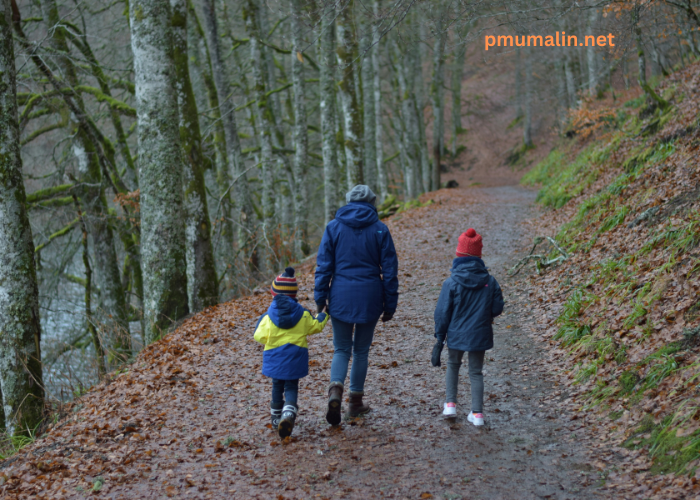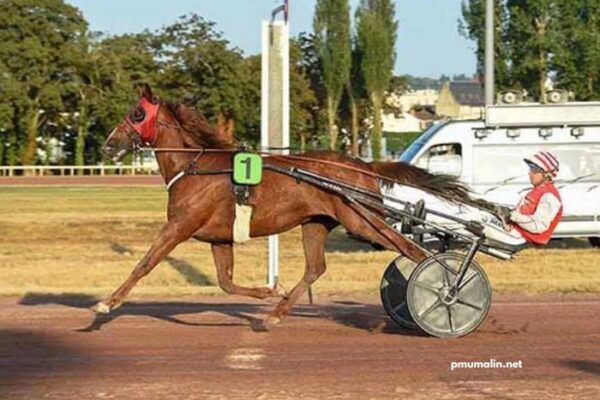Horses have galloped through the annals of human history, leaving an indelible hoofprint on the development of civilizations across the globe. From the dawn of domestication to their modern roles in sport and therapy, horses have been revered as symbols of strength, freedom, and partnership. This article explores the profound relationship between humans and horses, tracing their journey through time and examining their multifaceted roles in our lives. Explore the world of horse racing with France Cheval Turf. Get the latest news, tips, and insights to enhance your betting experience. Join us today!
The Dawn of Domestication
The partnership between humans and horses began approximately 5,500 years ago on the steppes of Central Asia. Evidence suggests that the Botai culture in modern-day Kazakhstan were among the first to domesticate horses. These early horsemen used horses for riding, which revolutionized transportation, warfare, and hunting. The domestication of horses marked a significant milestone in human history, providing a new means of mobility that expanded the horizons of civilizations.
Horses in Ancient Civilizations
As domestication spread, horses became integral to the development of major ancient civilizations. In Mesopotamia, they were used in chariots, which played a crucial role in warfare and were depicted in many artworks of the time. In Egypt, horses were associated with the chariot-riding pharaohs, symbolizing power and prestige. The horse-drawn chariots of the Egyptians were not only instruments of war but also symbols of the divine, often appearing in religious iconography.
In China, horses were vital to the expansion of the Han Dynasty, enhancing the empire’s military prowess and facilitating trade along the Silk Road. The famed Terracotta Army of Emperor Qin Shi Huang includes numerous life-sized horse statues, underscoring their importance in Chinese culture.
The Medieval Era and the Rise of the Knight
The Middle Ages saw the horse become synonymous with the knight. The development of heavy cavalry transformed medieval warfare, with knights mounted on powerful warhorses dominating the battlefield. Horses were meticulously bred for strength and endurance, leading to the emergence of specific breeds like the destrier, prized for its size and strength. Tournaments and jousting, popular medieval sports, further highlighted the horse’s central role in knightly culture.
The Age of Exploration and the New World
Horses were pivotal during the Age of Exploration, particularly in the Spanish conquests of the Americas. When Hernán Cortés and his conquistadors arrived in Mexico, their horses provided a significant psychological and tactical advantage over the indigenous populations, who had never seen such animals. The reintroduction of horses to the Americas by the Spanish transformed Native American cultures, particularly the Plains Indians, who became highly skilled horsemen and hunters, greatly enhancing their mobility and way of life.
Industrialization and the Decline of the Working Horse
The Industrial Revolution heralded a decline in the use of horses for labor as machines began to take their place. However, horses continued to play essential roles in transportation, agriculture, and the military well into the early 20th century. The use of horses in World War I, despite the advent of modern warfare technology, underscores their continued importance even in an era of mechanization.
Horses in Modern Times
Today, horses have largely transitioned from working animals to roles in sport, recreation, and therapy. Equestrian sports such as dressage, show jumping, and racing celebrate the agility, speed, and grace of horses. In many cultures, horses remain a symbol of status and tradition, featuring prominently in ceremonies and festivals.
Moreover, the therapeutic benefits of horses are increasingly recognized. Equine-assisted therapy helps individuals with physical, emotional, and cognitive challenges. The bond between horse and human fosters a sense of trust and confidence, aiding in the healing process for veterans, children with disabilities, and those dealing with trauma.
Conclusion
The history of horses is deeply intertwined with the story of human civilization. From their early domestication to their current roles in sport and therapy, horses have been steadfast companions, shaping and being shaped by human progress. Their legacy is a testament to their enduring majesty and the timeless bond they share with us. As we continue to honor and cherish these magnificent creatures, we celebrate not just their past contributions but also their ongoing impact on our lives.







